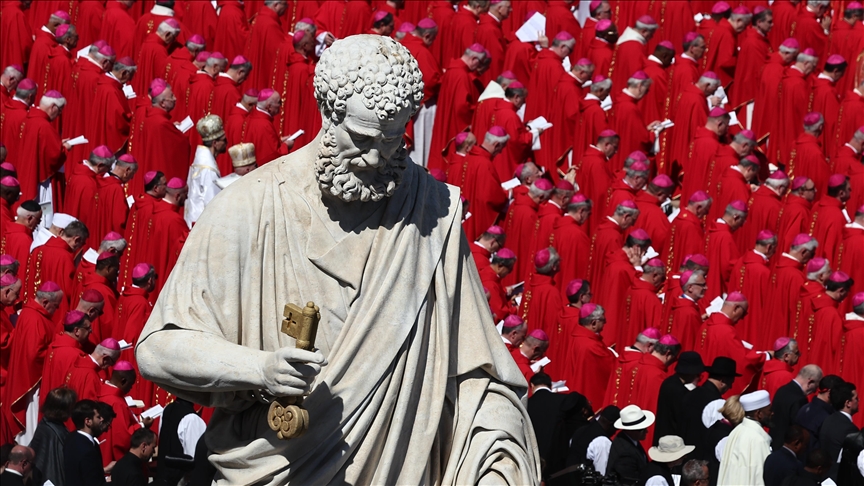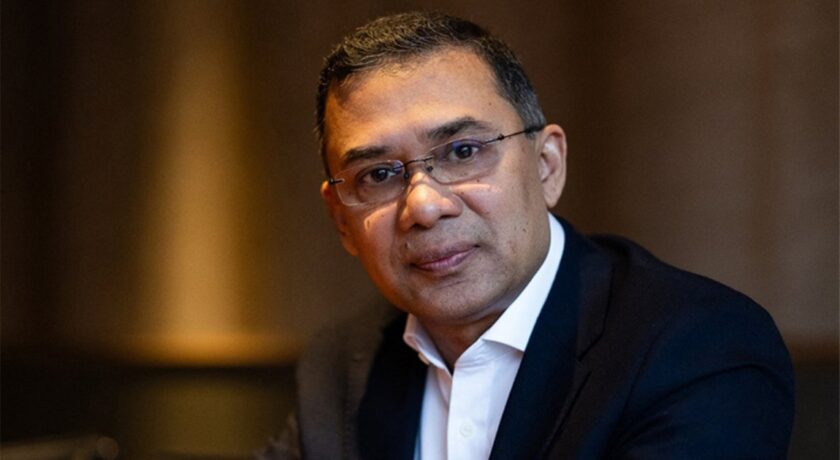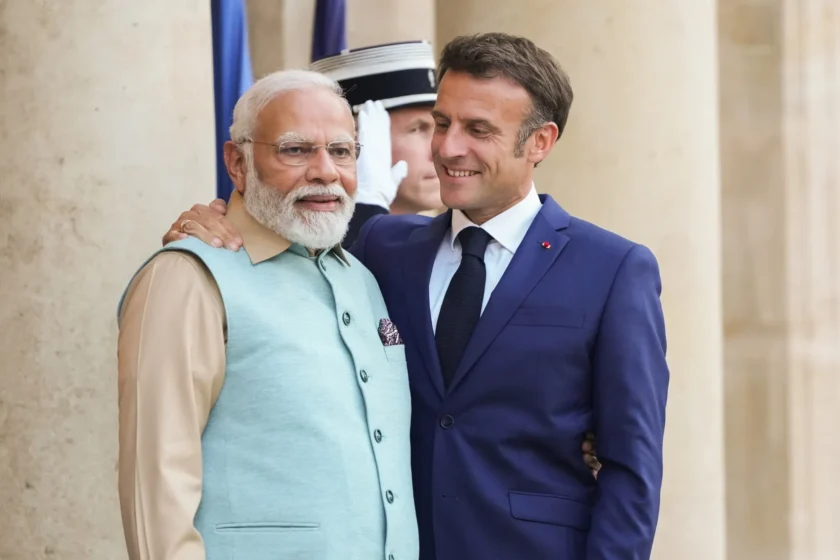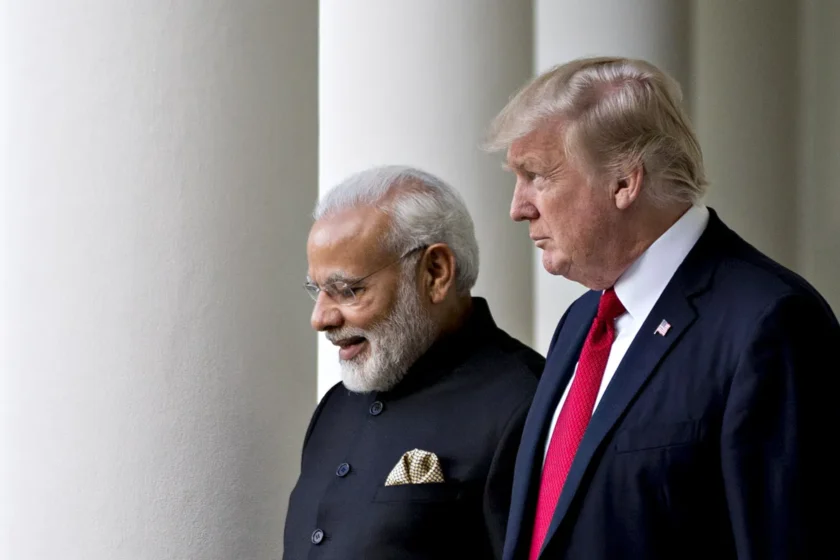Vatican City – The Sistine Chapel will close its doors on May 7th, marking the beginning of the Conclave to elect the next Bishop of Rome, following the passing of Pope Francis. This Conclave is notable for its diverse and international assembly of cardinals, tasked with the significant responsibility of choosing the next Pope.
The cardinals’ role, as emphasized by Cardinal Gerhard Muller, is to uphold the Church’s long-standing mission, spanning over two millennia, rather than promote any specific papal agenda. Their decision will have profound implications for the future of Catholicism and the broader global political and moral landscape.
The next Pope will face numerous challenges, including conflicts in Europe and the Middle East, escalating violence against Christians in Africa and Asia, and financial difficulties within the Church.
A significant demographic shift within Catholicism has occurred, with Africa experiencing the most rapid growth in Catholic conversions, doubling the rate of population increase, according to Vatican expert Professor Francesco Sisci. Asia is also a vital region, with thriving Catholic communities in China and strong minorities in South Korea and Myanmar.
Pope Francis has reshaped the College of Cardinals to reflect this new global Church, including cardinals from Mongolia, Laos, and the Central African Republic. Of the 133 cardinal-electors, only 5 were chosen by John Paul II, 108 by Francis, and 22 by Benedict XVI.
Europe continues to have the largest representation, with 53 electors, including 17 Italians. The Americas follow with 37 cardinals from North, Central, and South America. Asia has 23 delegates, Africa has 18, and Oceania has 4.
However, Francis’s globalization efforts have faced opposition. For the first time in over a century, historic European cities such as Milan, Venice, and Paris do not have cardinal electors. Conversely, Mongolia, with only 1,500 Catholics, has a voting representative, while Austria, with over five million Catholics, does not. This has been interpreted by some as a necessary adjustment, and by others as a decline in Europe’s traditional Church leadership.
Adding complexity, 117 cardinals over the age of 80, while ineligible to vote, will play a significant role in pre-Conclave discussions, potentially influencing the younger electors. The actual number of voters will be 133, as two voting cardinals are expected to be unable to attend due to illness.

Several potential candidates for the papacy (“papabili”) are emerging from Asia and Africa. Cardinals Robert Sarah of Guinea and Peter Turkson of Ghana represent Africa’s growing spiritual and political influence within Catholicism. Cardinals Lazzaro You Heung-sik of South Korea, Charles Maung Bo of Myanmar, and Malcolm Ranjith of Sri Lanka offer perspectives from Asia, regions where Catholicism often faces persecution.
These African cardinals are seen as offering a balance, being progressive on social justice issues while remaining conservative on doctrine. This reflects the Church’s dual challenge of upholding its teachings and addressing a divided and politicized world.
The African Church leaders possess moral authority due to their experience with martyrdom. Africa is also a crucial geopolitical region, where global powers like China, Russia, Turkey, and Western nations are vying for influence. The Church’s voice in Africa could extend beyond religious matters.
Cardinal Luis Antonio Tagle of the Philippines is favored by more progressive factions and is sometimes referred to as the “Asian Francis.” However, his Jesuit background, similar to Francis’, might complicate his path to the papacy, given the tension between continuity and the desire for change.
A fundamental tension exists between the traditional Catholic financial centers and the rapidly expanding churches in the Global South. The United States, Germany, and Italy remain the primary sources of Church funding, despite population growth in Africa, Asia, and Latin America. Cardinals from these financially powerful nations may wield significant influence during the Conclave, particularly as the Vatican grapples with financial instability.
The stakes are exceptionally high. The cardinals must navigate a global landscape marked by conflict, extremism, and a decline in moral authority, in addition to internal ideological divisions within Catholicism. The coming days of mourning for Pope Francis will provide the cardinals time for reflection, prayer, and consultation before they gather under Michelangelo’s frescoes to choose a leader to guide the Church through a critical period.









